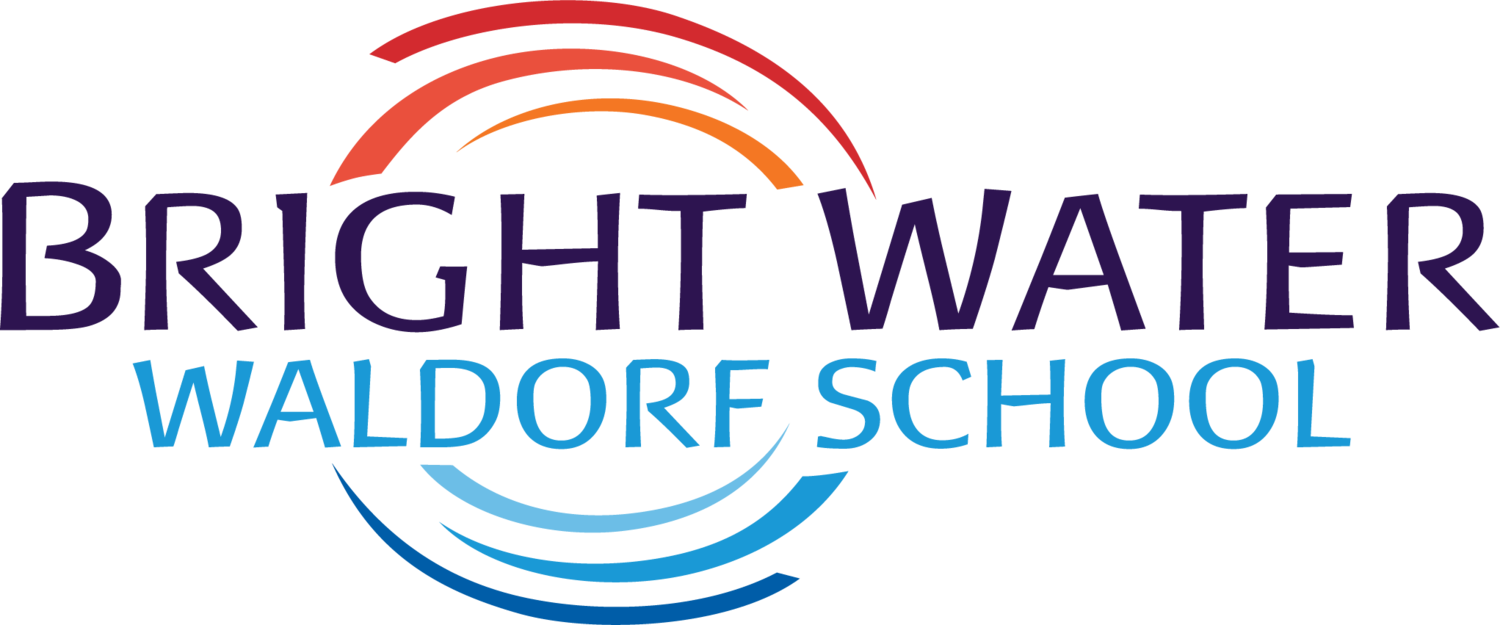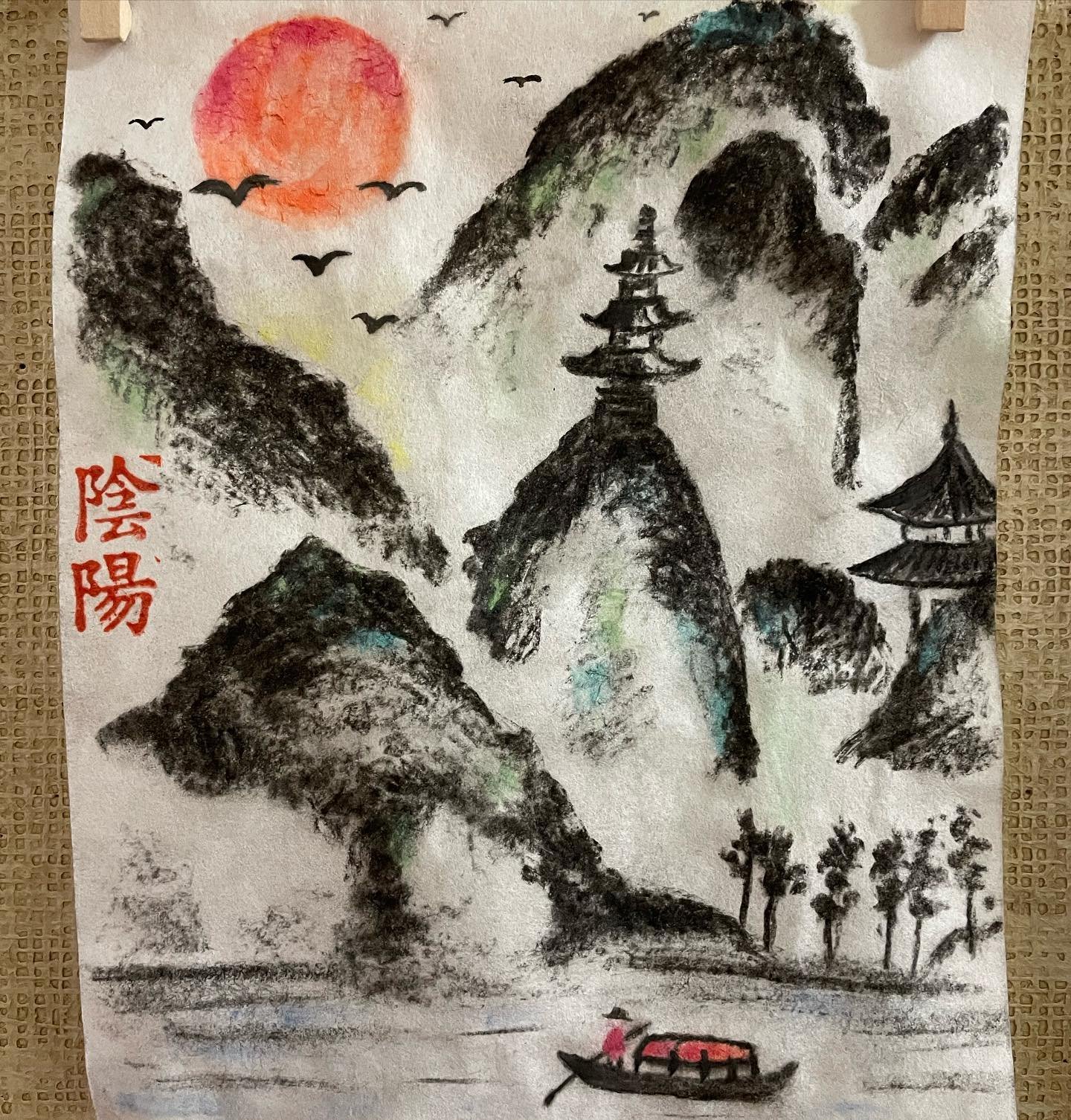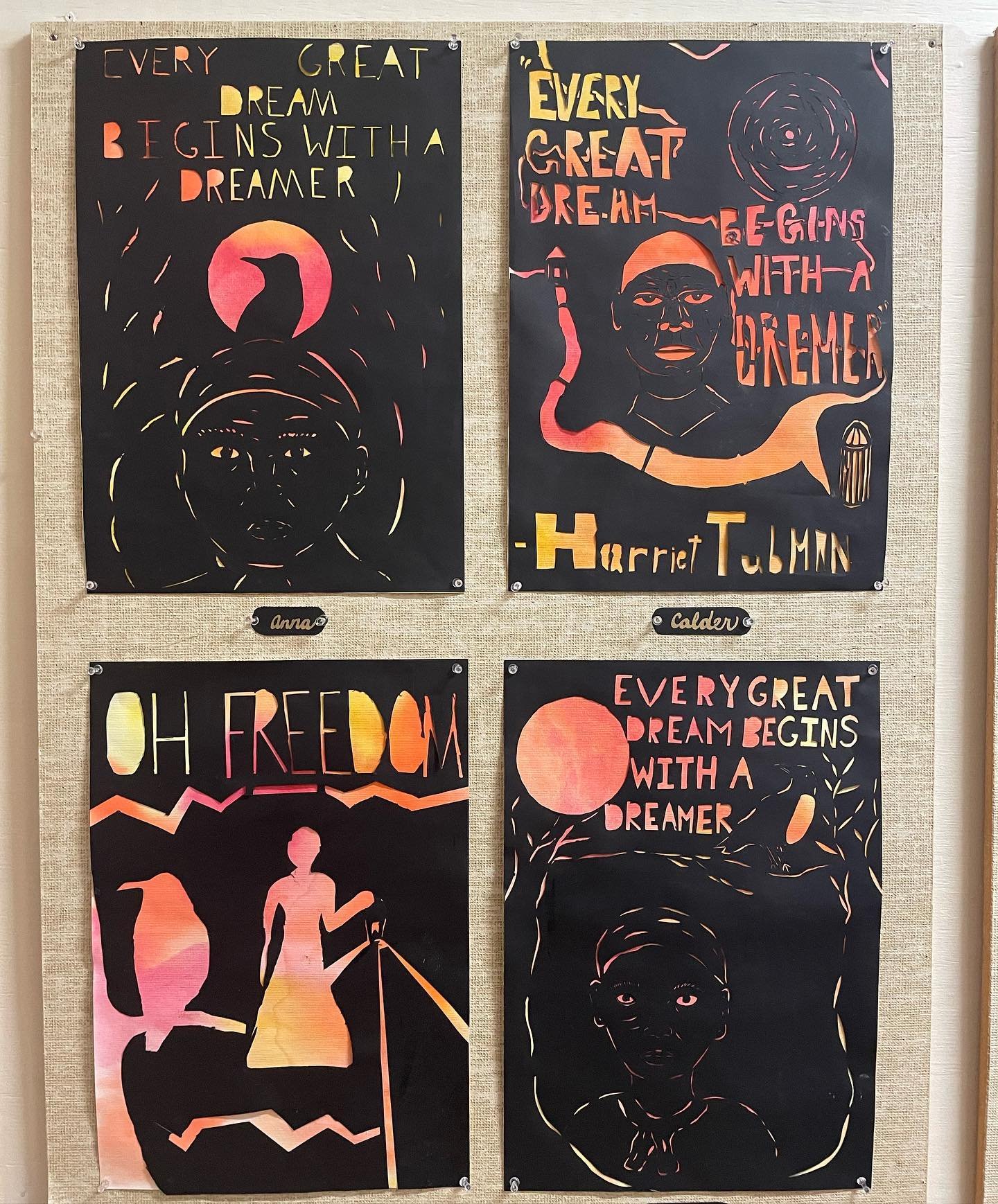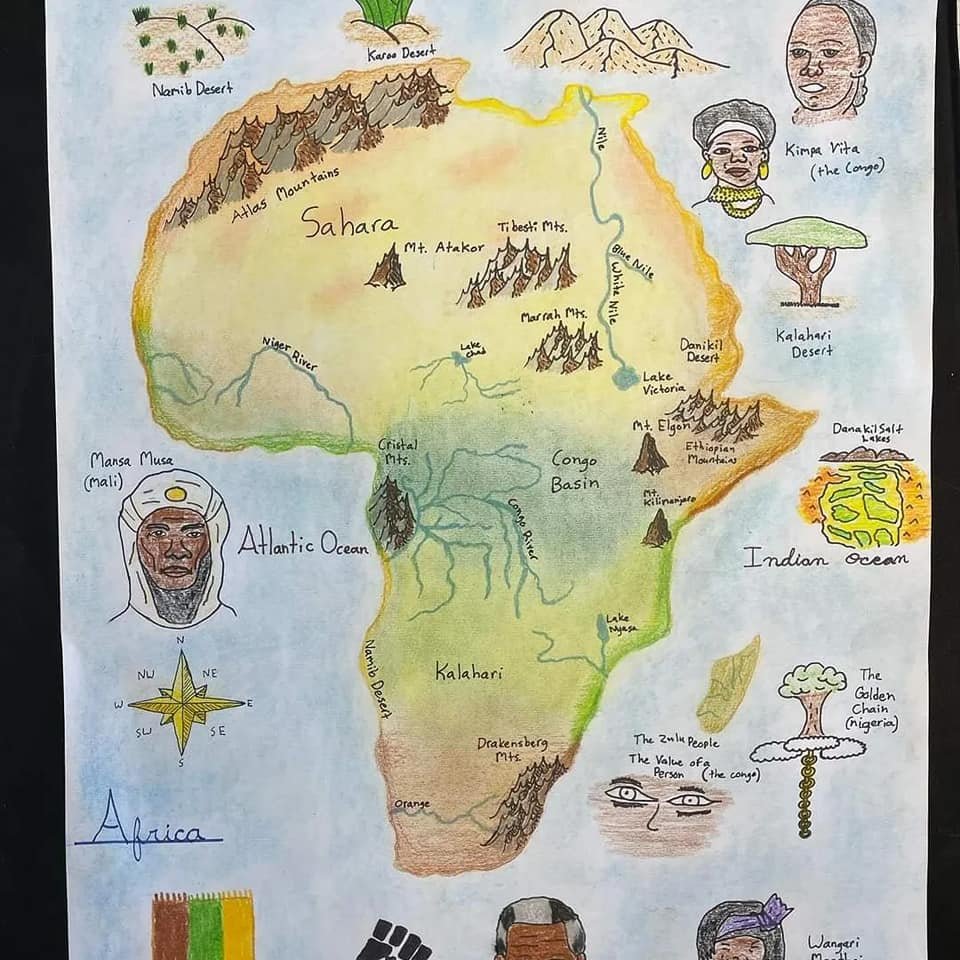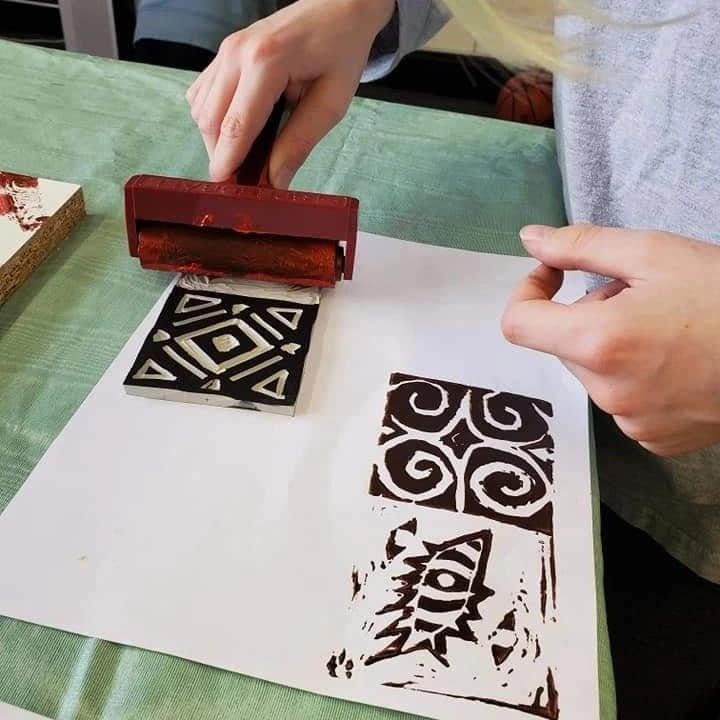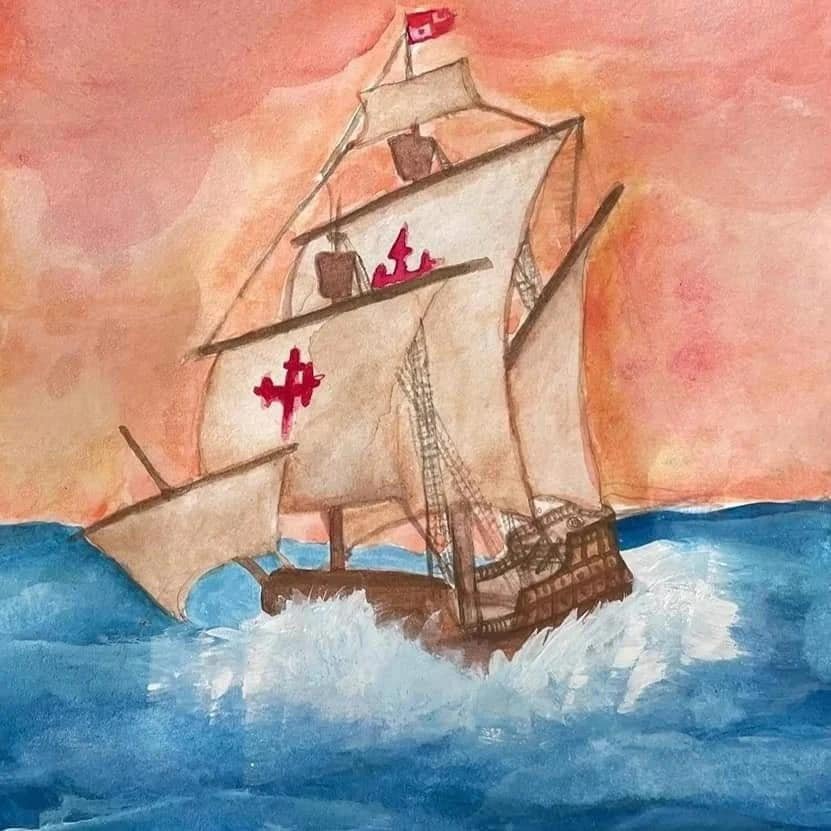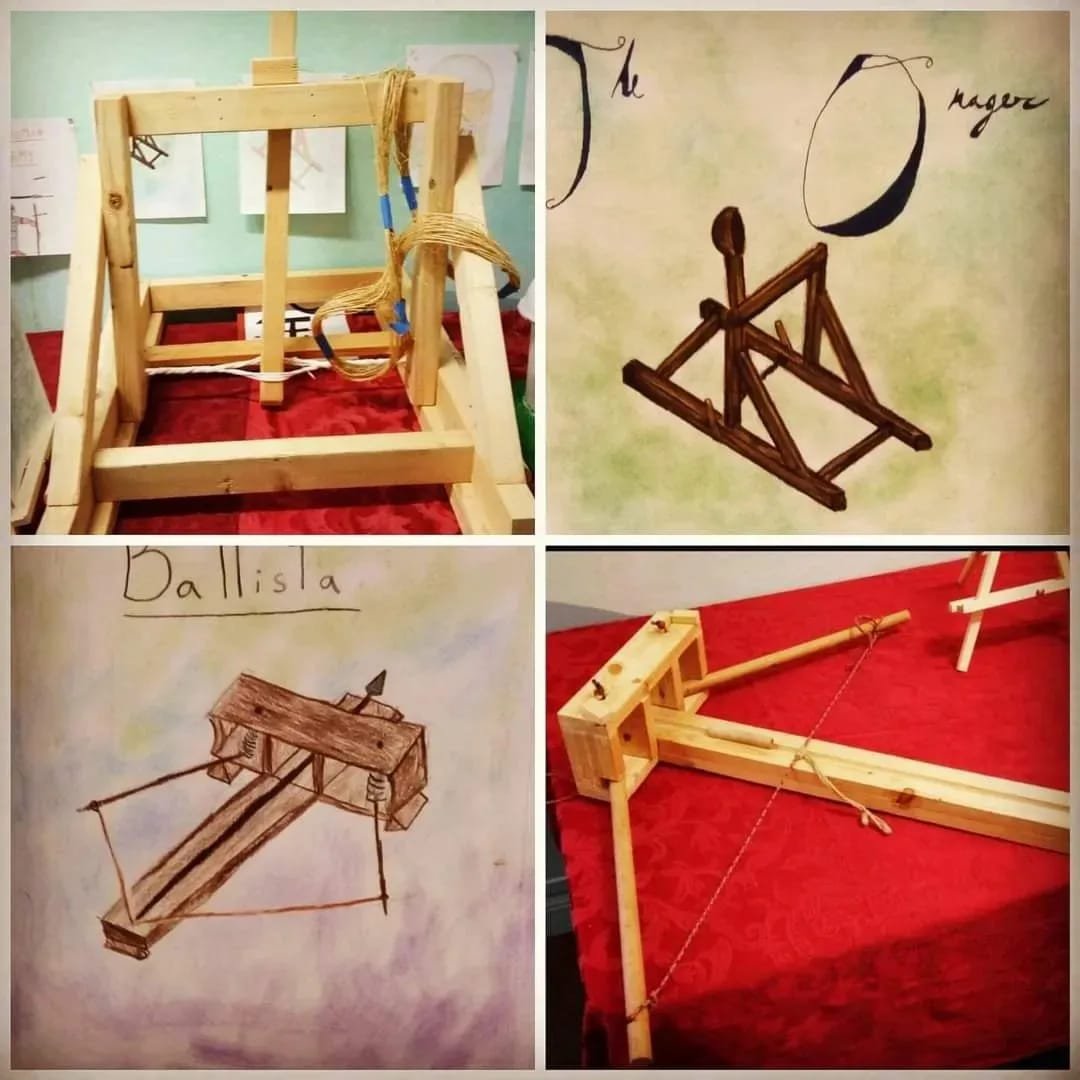Grade Seven
GRADE SEVEN LEARNING OBJECTIVES
MAIN LESSON SKILLS
Transitioning from Feeling-Based Curriculum to Thinking-Based Learning and Higher Academics, Becoming Full and Active Participant, Discovering Creative Voice
LANGUAGE ARTS
Grammar and Composition, Creative Writing, Essays, Spelling, Reading, Report Writing, Note Taking Skills, Researching, Drama, Poetry, Quotations
LITERATURE & HISTORY
Reformation, Renaissance, The Age of Exploration, Arthurian Legends, Historical Novels, Biography, Stories of Indigenous Life
MATHEMATICS
Ratios, Negative Numbers, Inequalities, Pre-Algebra, Geometry
WORLD GEOGRAPHY
Cultural World Geography, Map Reading,
SCIENCES
Physics (Visual,Warmth,Electrical and Mechanics, Chemistry (Combustion/Acids and Bases) Human Physiology (Nutrition)
PHYSICAL EDUCATION
Team Sports, Aikido, Middle School Track Meet
WORLD LANGUAGE
Japanese and Spanish (Conversational, Grammar, Reading, Vocabulary)
HANDWORK
Hand Sewing Soft Sculpture - Exploring Human Form, Doll Clothing Design
PRACTICAL ARTS
Woodworking (Concave Spoon Forms, Mechanical Toys/Puppetry)
MUSIC
Recorder, Singing, Orchestra, Chorus (Motets, Madrigals, Music of Renaissance), Band (Options for Wind or Percussion Instruments Introduced)
The seventh-grade curriculum themes mirror the students’ outer exploration of the world and inner journey. They are met with more rigorous intellectual content. History lessons explore the dramatic shift in human consciousness from the concept of an earth- centered universe to that of a planetary system with the sun at its center. The Renaissance, along with the Reformation and Age of Exploration, is the historical focus for this turbulent year. Twelve- and thirteen-year-old students question, argue, rebel, and study the lives of men and women who argued and questioned and thereby changing the world. Students study biographies of people who struggled with existing authorities and social institutions to bring about the changes that led to the birth of art and science in the Renaissance. Art and science flourish in the seventh-grade classroom as they did in the Renaissance. Students enter into perspective drawing and study the human body along with masters Leonardo, Michelangelo, and Raphael. The students sail with explorers out of known lands into unknown territory.
The seventh-grade curriculum reflects students’ outward exploration of the world and their inner journey, with more challenging intellectual content. History lessons focus on the shift from an earth-centered universe to a planetary system, exploring the Renaissance, the Reformation, and the Age of Exploration. Students study the lives of historical figures who challenged authority and sparked change, leading to advances in art and science. In Astronomy, students learn about Copernicus and Galileo's contributions to the new age of science, charting the sun, moon, and stars using geometry skills from sixth grade.
Seventh-grade math explores the Fibonacci Sequence, the Golden Mean, and concepts like squaring, cubing, and square roots. Students learn algebra, focusing on balancing equations and forming questions in their inquiry process. Physics covers optics, mechanics, and electromagnetism, with a focus on the six simple machines: wedge, screw, lever, wheel, pulley, and inclined plane. Chemistry introduces experiments on combustion, acids and bases, and the limestone cycle, studying organic and inorganic substances and their reactions. Physiology lessons on digestion, circulation, respiration, and reproduction raise awareness of nutrition, hygiene, and healthy living. Seventh and eighth graders can also become CPR certified.
In Language Arts, students focus on essay writing, creative writing, grammar, research skills, and continued dictation, composition, and spelling work. In Handwork, students felt slippers, and in Woodwork, they make wooden toys with movable parts. Seventh grade is a time of turbulence, exploration, and discovery as students assert their independence. Teachers guide them to recognize their talents and capacities.
The seventh grader in a Waldorf school is entering a phase of social exploration and increased independence. As they navigate the complexities of friendships and group dynamics, they begin to attend regional Waldorf dances, where students from nearby Waldorf schools gather. These events offer a meaningful opportunity to expand their social circles, build new connections, and experience social interaction outside their immediate community. The dances not only foster a sense of belonging within a broader network of peers but also encourage the development of social skills, confidence, and a deeper understanding of self within the context of others.
Subject Classes
Math
In seventh grade math, students build on concepts from sixth grade, such as percentages, decimals, ratios, and basic geometry, while also beginning pre-algebra and algebra. The focus is on developing quantitative reasoning, mathematical interpretation, and creative problem-solving. Math is taught using a variety of resources, including the Making Math Meaningful workbook, Singapore Math, and teacher-generated materials. Lessons include stories, anecdotes, and practical examples to strengthen both mathematical skills and clarity of thought.
Japanese
Seventh graders study Japanese three times a week. The class emphasizes conversation, music, literature, grammar, tenses, and sentence structure. Students engage in both written and oral exercises, producing independent work. The curriculum is reinforced through the target language, and students have the opportunity to interact with peers studying Japanese to foster cultural connection.
Handwork
In Handwork, students explore their creative capabilities and intellectual growth, making felted slippers that promote awareness of the anatomy of their feet. Embroidery designs enhance the asymmetry of the slippers, and the process encourages both willful creativity and intellectual awakening.
Woodwork
Woodworking lessons focus on developing dexterity, logical thinking, and responsibility. Students create movable objects, applying principles from their physics lessons on mechanics. The work also fosters social awareness and respect for materials, introducing the concept of individual responsibility for the environment.
Movement
Seventh graders are capable of adapting quickly to different activities and roles, making them ready for competitive sports. They develop a positive relationship with space and the dynamics of games. Physical activities include chasing, cooperative games, ball games, and preparations for the regional Waldorf Middle School Grade Track Meet, which includes running, javelin throwing, discus, shot put, and long jump. All students participate in weekly Aikido practice in the Dojo.
Band or Strings Ensemble
In Band, students advance their musical skills using Standard of Excellence Book 2 and Essential Technique Book 3. They work on improving technique, range, sound, and musicality, performing a variety of musical styles. Students are graded on participation, conduct, and practice, and perform in school assemblies and the spring orchestra.
In Strings, students focus on improving individual skills, music reading, and ensemble performance. They learn new techniques, such as shifting positions, and explore different music styles, including Baroque, Classical, and Romantic eras. Students also develop ensemble skills, learning to play in multiple parts and follow the conductor while maintaining their own part.Environmental Education
Seventh-grade students participate in more extensive outdoor trips, including camping with team-building exercises and backpacking in eastern Washington. These experiences support their astronomy studies and offer opportunities for stargazing.
